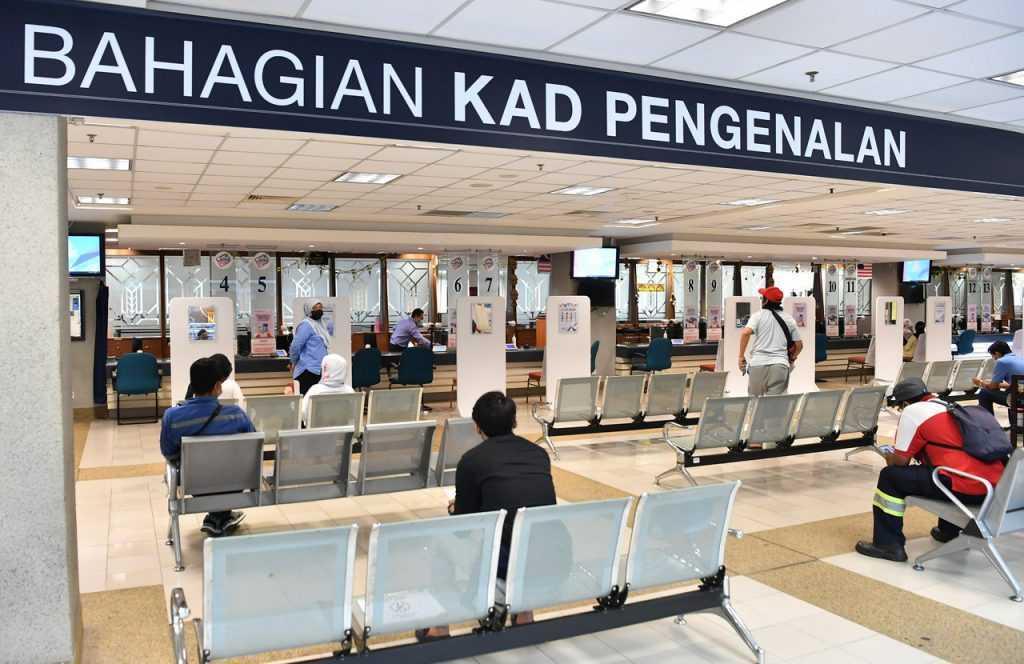Father fears for daughter's future as wait for citizenship stretches on
Wong and his wife are constantly reminded of the official chasm between them and their child.
Just In
Even before they got married, Wong and his wife knew that they would probably never have children of their own.
His wife was diagnosed with premature ovarian failure or primary ovarian insufficiency when she was 18. So, a year after they tied the knot, they decided to adopt.
In 2019, they adopted a newborn girl from a baby hatch run by a registered NGO. The child had been abandoned by her birth mother.
Because the details of her birth parents were uncertain, the child was not given citizenship. While she was issued a birth certificate, the document proclaimed her as a non-citizen.
In 2020, Wong and his wife applied for citizenship for their daughter under Article 15A of the Federal Constitution.
"We went through all the legal processes. We did all the submissions and went to court," Wong recalled.
"But the home ministry told us that they were processing applications from 2016 to 2019. Since we filed our application in 2020, we had to wait."
After three years of waiting, though, the couple are no closer to their goal than they were at the start.
As the wait continues, Wong has heard stories of the hardships faced by other so-called stateless children.
His family is fortunate that they have not gone through the same experiences – at least not yet. But already, they have had a taste of how difficult life can be for a child with no country to call her own.
"I want to open a bank account for her education fund, but I can't because she has no citizenship," Wong said in a recent interview with MalaysiaNow.
"I need to pay foreign charges at the government hospital when she is sick."
Even something as trivial as visiting the zoo is a reminder of the official chasm between them and their child.
"There, too, I need to pay the foreign rate for her," Wong said.
In 2021, the apex court ruled that a child born in Kuala Lumpur and adopted by a local couple was considered a Malaysian.
The ruling was supposed to be a precedent for the government in granting citizenship to abandoned children whose parents' details cannot be determined.
But Wong and his wife continue to wait.
Right now, their daughter attends a private preschool. But enrolling her at a government primary school next year will be a challenge for the family.
"Because my girl doesn't have a MyKid, we weren't given access to register her through the government's online portal," Wong said.
"We approached the state education officials last year when she was five, and they said to come back only at the end of this year to find out if there's an empty slot for her at the school that we want."
They were also told that their child would have to start school two weeks after the rest of the children, as her spot would depend on availability.
"For us, this is discrimination," Wong added.
At just five years old, the little girl already has big dreams for the future, and longs to be a ballerina – or a pilot – when she grows up.
But without citizenship, her future will remain up in the air.
Wong and his wife want their daughter to become a good citizen who contributes to her community.
"Our responsibility as parents is to provide an environment that is loving and supportive for her," he said.
"In order to do so, we also need support from the government."
Subscribe to our newsletter
To be updated with all the latest news and analyses daily.
Most Read
No articles found.
